Mobile banking has become the primary means to access money for a large proportion of Americans, especially in the wake of the COVID-19 pandemic. Over a four-year period — 2017 to 2021 — mobile banking as the primary method of accessing accounts, rose sharply from 15.1% to 43.5%, according to the most recent Federal Deposit Insurance Corporation survey of national banking trends.
For dedicated brick-and-mortar bankers, there’s no need to worry — physical branches aren’t going away anytime soon. According to CNET’s sister site, Bankrate, nearly 80% of those who prefer mobile banking still visited a bank branch in 2019.
That said, online-only banks (and credit unions) provide services that might make you rethink your reliance on physical branches. For example, they allow you to pay bills conveniently, transfer money and keep tabs on your transactions with just a few keystrokes or taps on your home computer or mobile device — all without the need of going to a physical branch.
As the banking public becomes more comfortable managing routine tasks in an all-digital environment, online banks will continue to gain popularity. In addition to convenience, online banks charge some of the industry’s lowest fees and offer the most competitive annual percentage yields on deposit accounts, including savings accounts and certificates of deposit. Some online banks even offer APYs on checking accounts.
What is an online bank?
An online bank or credit union is a financial institution that lets you fully manage your deposit accounts via a website, mobile device or app. Most banking services can usually be handled online — including transferring funds and depositing checks.
You may choose an online bank or credit union to get a better interest rate and reduce your account fees. Oftentimes, these banks have fewer overhead costs, which allows them to give back some of these savings to their customers in the form of higher APYs and lower fees.
Some online banks even partner with brick-and-mortar financial institutions or offer ATM deposit access if you prefer to make transfers in person. However, some online banks offer limited account options and services. That means you may have to choose another bank to open a separate account or manage your money altogether.
Compare the best online banks
CNET’s list of the best online banks includes some of the most popular banks and credit unions across the country. The banks included in this list are all online-only banks without physical branches and insured by either the Federal Deposit Insurance Corporation (for banks) or the National Credit Union Administration (for credit unions) for up to $250,000 per person, per institution.
| Bank | Savings Account | CDs | Checking Account | Money Market | Accepts cash deposits? | ATM fee rebates |
| Alliant Credit Union | Yes | Yes | Yes | No | Yes | $20/month |
| Ally | Yes | Yes | Yes | Yes | No | $0 |
| Bask Bank | Yes | Yes | No | No | No | $0 |
| Bread Saving | Yes | Yes | No | No | No | $0 |
| BrioDirect | No | Yes | No | No | No | $0 |
| CIT Bank | Yes | Yes | Yes | Yes | Yes | $30/month |
| Discover Bank | Yes | Yes | Yes | Yes | No | $0 |
| LendingClub | Yes | Yes | Yes | No | Yes | $15/month |
| Marcus by Goldman Sachs | Yes | Yes | No | No | No | $0 |
| SoFi | Yes | No | Yes | No | Yes | $0 |
| Synchrony | Yes | Yes | No | Yes | No | $5 |
Products offered:
- Savings: 3.10% APY
- Checking: 0.25% APY
- 1-year CD: 5.15% APY
Monthly fees: None
Membership is open to current or former employees of Alliant’s US partner businesses. No monthly fees are assessed on accounts when you opt in to receive e-statements. Alliant Credit Union offers a variety of CD terms from 12 to 60 months.
Read our full Alliant Credit Union review.
Pros
- Competitive APYs on savings and checking accounts
- No monthly maintenance or overdraft fees
- Low minimum deposit requirements to open accounts
- Up to $20 in ATM rebates per month
- Fee-free network of 80,000 ATMs
Cons
- No support for peer-to-peer payment tools
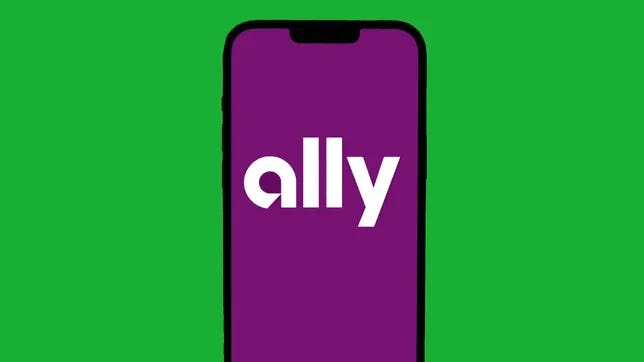
Products offered:
- Savings: 4.00% APY
- Checking: 0.25% APY
- 1-year CD: 4.50% APY
- Money Market: 4.15% APY
Monthly fees: None
Ally Bank is an ideal alternative to traditional brick-and-mortar banks. Founded in 2009, Ally is a full-service bank offering consistently competitive rates on all deposit accounts. The highest rates are available for all balances, regardless of tier.
High APYs, minimal fees and 24/7 customer support help to make Ally an attractive banking solution for the 21st century retail banking customer.
Read our full Ally Bank review.
Pros
- Competitive APYs on deposit accounts
- No monthly maintenance or overdraft fee
- Fee-free network of 43,000 AllPoint ATMs
- No minimum deposit requirements
- 24/7 customer support
Cons
- No cash deposits accepted
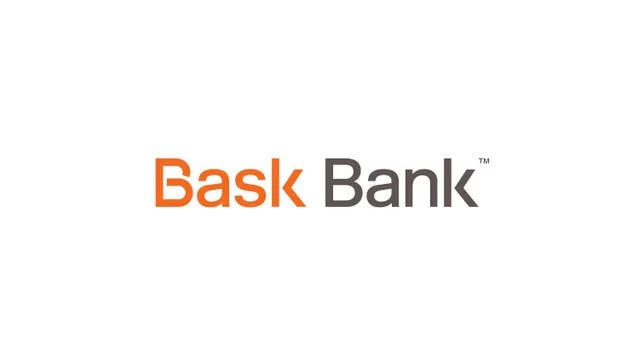
Products offered:
- Savings: 4.85% APY
- 1-year CD: 5.15% APY
Monthly fees: None
Bask Bank offers competitive APYs on savings accounts and CDs. There are no minimum balances required to open or maintain a savings account. With a $25,000 deposit, you can earn American Airline miles. CD terms range from six months to one year.
Pros
- High APY on savings and CDs
- Low minimum deposit requirements for savings account
- Low fees
- Variety of CD terms available
Cons
- No checking account
- High minimum deposit requirement for CDs
- Limited number of products available

Products offered:
- Savings: 4.65% APY
- 1-year CD: 5.20% APY
Monthly fees: None
As the online banking arm of Bread Financial, Bread Savings offers competitive rates on savings and CDs and accounts with minimal fees.
Pros
- High APY on savings and CDs
- Low deposit required to open savings account
- Low fees
- Variety of CD terms available
Cons
- No checking account
- High minimum deposits to open a CD
- Limited number of products available
- No cash deposits accepted

Products offered:
Monthly fees: None
BrioDirect is the online arm of Webster Bank. It offers CDs with terms ranging from 30 days to five years. All transactions can be managed via its mobile app.
Pros
- High promotional APY on CDs
- Low deposit required to open savings account
- CD terms range from 30 days to five years
Cons
- No savings or checking account
- No cash deposits accepted

- Savings: 0.25% – 4.95% APY
- Checking: 0.10% – 0.25% APY
- 1-year CD: 0.30% APY
- Money Market: 1.55% APY
Monthly fees: None
CIT Bank is a full-service bank that also offers mortgages and commercial financing options. While the Platinum Savings account offers a competitive APY, the $5,000 minimum balance to earn it might be a steep hill to climb for some people. There’s a low barrier to entry to open deposit accounts given CIT’s savings, checking and money market accounts all have a low initial deposit requirement of $100.
A CIT CD — including its no-penalty and a bump-up CDs — can be opened with a minimum balance of $1,000. CD terms range from six months to five years. In addition to competitive rates and a variety of accounts, CIT Bank doesn’t charge monthly maintenance or overdraft fees on deposit accounts.
Pros
- Competitive APYs for its savings account and for several CD terms
- No monthly maintenance or overdraft fees
- Low minimum deposit requirements to open accounts
- Variety of CD types available
- Mobile check deposits available through app
- Up to $30 per month in ATM rebates
Cons
- High minimum deposit requirement to qualify for the highest savings account APY
- No ATM access from any savings account
- The eChecking account doesn’t provide check-writing privileges
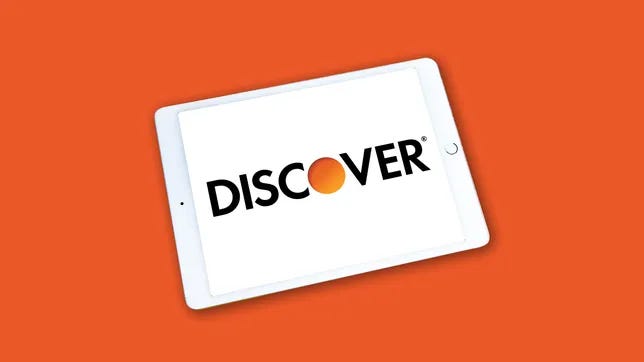
Products offered:
- Savings: 4.15% APY
- Checking: 0% APY
- 1-year CD: 4.75% APY
- Money Market: 4.05% APY to 4.10% APY
Monthly fees: None
Discover Bank offers deposit accounts, credit cards, personal loans and student loans. It eliminated fees on deposit accounts in June 2019. The Discover Cashback Debit account is a completely free checking account that pays 1% cash back on debit card purchases up to $3,000 per month.
Pros
- Competitive APYs on savings accounts
- No monthly maintenance or overdraft fees
- No minimum deposit requirements to open accounts
- Fee-free network of 60,000 ATMs
- Direct deposits accessible two days early
- Cash-back rewards on checking
Cons
- High minimum deposit to open a CD
- No cash deposits accepted

Products offered:
- Savings: 4.25% APY
- Checking: Up to 0.15% APY (for balances over $100,000)
- 1-year CD: 4.75% APY
Monthly fees: None
LendingClub offers a full suite of banking products and services. Unlimited ATM fee rebates give customers unfettered access to a vast network of ATMs. Low fees and competitive APYs make LendingClub’s savings accounts and CDs particularly compelling.
Read our full Lending Club banking review.
Pros
- High APY on savings and CDs
- Low deposits required to open savings account, no minimum balance required
- Low fees
- Cash-back rewards on debit card-qualified purchases
- Unlimited ATM fee rebates
Cons
- APY paid on higher checking balances
- High deposit required to open CDs
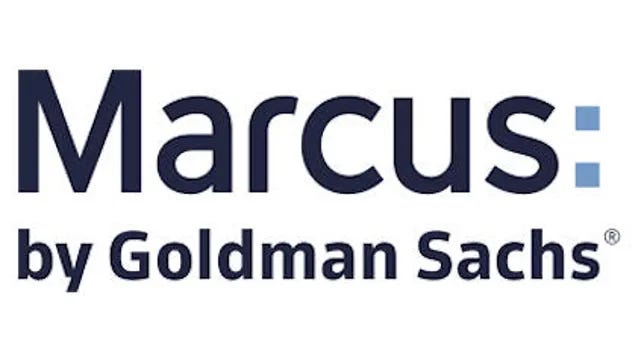
Products offered:
- Savings: 4.15% APY
- 1-year CD: 4.75% APY
Monthly fees: None
Launched in 2016, Marcus is the online-only banking arm of Goldman Sachs, which is one of the 10 largest banks in the US. The bank’s savings accounts and CDs offer competitive yields and low fees.
See our full review of Marcus by Goldman Sachs for more details.
Pros
- Competitive APYs on deposit accounts
- No monthly maintenance fees
- Low minimum deposit requirements
- Automated 24/7 customer support
Cons
- No cash deposits accepted
- No checking accounts
- No ATM network
- Limited types of accounts
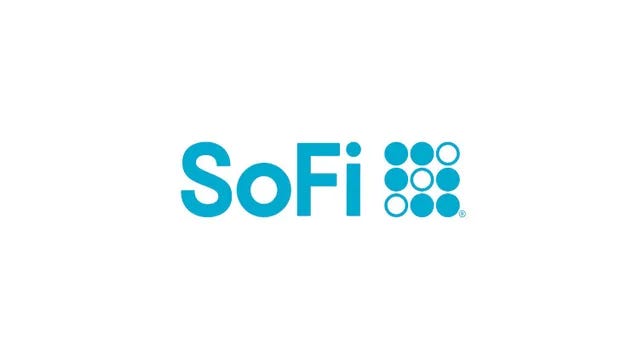
Products offered:
- Savings: Up to 4.30% APY
- Checking: 1.20%
Monthly fees: None
SoFi (Social Finance Inc.) was the brainchild of Stanford Business School graduates who created an alumni-funded lending source that initially focused on refinancing student loans. Since then, SoFi has expanded into a variety of loan categories and now offers online checking and savings accounts. Some applicants may qualify for a new account bonus.
Read our full SoFi banking review.
Pros
- Competitive APYs on checking and savings accounts
- Low deposits required to open savings and CD account
- No monthly maintenance or overdraft fees
- Fee-free network of 55,000 Allpoint ATMs
- Direct deposits accessible two days early
Cons
- Fee charged for depositing cash
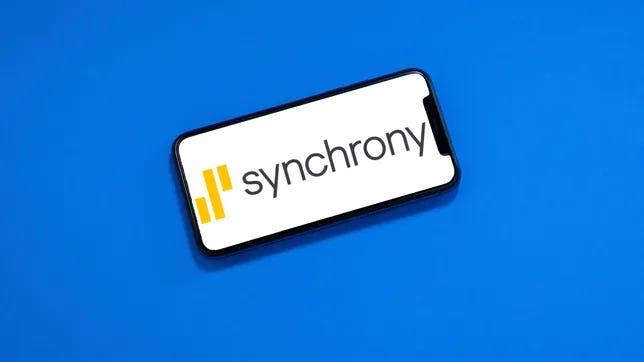
Products offered:
- Savings: 4.30% APY
- 1-year CD: 4.80% APY
- Money Market: 2.25% APY
Monthly fees: None
Synchrony takes advantage of its limited overhead to offer competitive rates on deposit accounts. In addition to a wide variety of financial products such as IRA CDs and IRA money market accounts, Synchrony offers niche types of CDs including the bump-up (which automatically adjusts to a higher APY when available) and no-penalty varieties.
Read our full Synchrony Bank review.
Pros
- Competitive APYs on deposit accounts
- No monthly maintenance or overdraft fees
- Up to $5 out-of-network rebate per month
- No minimum deposit requirements
Cons
Note: APYs shown are as of June 22, 2023. CNET’s editorial team updates this information regularly. APYs may have changed since they were last updated and may vary by region for some products.
How do I deposit and withdraw money from an online bank account?
Depending on the online bank you choose, there are a few ways you can transfer, withdraw and deposit money. The options will depend on your bank and may include a small fee.
Bank transfer: A bank transfer is one of the most common and seamless ways to transfer money to an online bank account. Through your online account, you can transfer money from an existing checking or savings account with any bank to your online savings account, using the account and routing numbers.
Mobile check deposit: If your online bank offers mobile account access, you may have the option to deposit a paper check using the mobile app and your smartphone camera.
ATM deposit: Some online banks offer ATM access for deposits and withdrawals, and may even waive fees for certain ATMs. Check the terms of your account or call your online bank to find out if you have ATM access and which ATMs are compatible with your account.
Mail or wire transfer: Even if it doesn’t have a bank branch you can visit, your online bank may have a location to which you can send a paper check or wire transfers with the funds you’d like to add to your account. Keep in mind, it will likely take longer for your money to hit your account than with other options.
Are online banks safe?
It’s best to choose an online bank with safety and security features that protect your personal information and money. Many banks offer two-factor or biometric authentication, end-to-end encryption and protection against unauthorized transactions. In case of a bank failure, you’ll also want to make sure your funds are FDIC- or NCUA-insured to protect your deposits up to $250,000 per individual, per bank.
Before opening an account at a physical branch or online bank, be sure to ask about the security and safety features the bank offers to protect your account. Be sure to enable these services for your safety.
Methodology
CNET reviewed online banks based on the latest APY information, fees charged and services offered from issuer websites. We evaluated online banks from among more than 50 banks, credit unions and financial companies. We selected the banks with the highest APY that were insured up to $250,000 from among the organizations we surveyed.
Banks surveyed include: Alliant Credit Union, Ally Bank, America First Credit Union, American Express National Bank, Axos Bank, Bank of America, Bank of the West, Bank5 Connect, Barclays, BMO Harris, Bread Savings, BrioDirect, Capital One, CFG Community Bank, Citizens Access, Colorado Federal Savings Bank, Connexus Credit Union, Consumers Credit Union, Credit One Bank, Discover Bank, First Internet Bank of Indiana, First Tech Federal Credit Union, FNBO Direct, GO2bank, Golden 1 Credit Union, HSBC Bank, Huntington Bank, Lake Michigan Credit Union, LendingClub Bank, Live Oak Bank, M&T Bank, Marcus by Goldman Sachs, Merrick Bank, Nationwide (by Axos), Navy Federal Credit Union, NBKC, OneUnited Bank, Pentagon Federal Credit Union, PNC, Popular Direct, PurePoint Financial, Quontic Bank, Rising Bank, Salem Five Direct, Sallie Mae Bank, Santander Bank, SchoolsFirst Federal Credit Union, Synchrony Bank, TAB Bank, TD Bank, TIAA Bank, Truist Bank, U.S. Bank, UFB Direct, Union Bank, USAA Bank, Vio Bank, and Wells Fargo.
This article includes some material that was previously published on NextAdvisor, a CNET Money sister site that was also owned by Red Ventures and which has merged with CNET Money. It has been edited and updated by CNET Money editors.
The editorial content on this page is based solely on objective, independent assessments by our writers and is not influenced by advertising or partnerships. It has not been provided or commissioned by any third party. However, we may receive compensation when you click on links to products or services offered by our partners.


